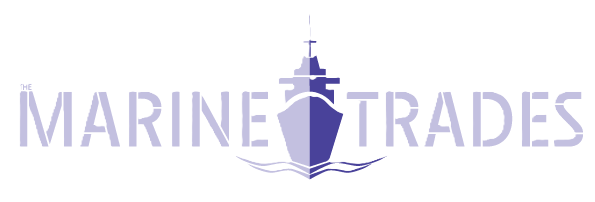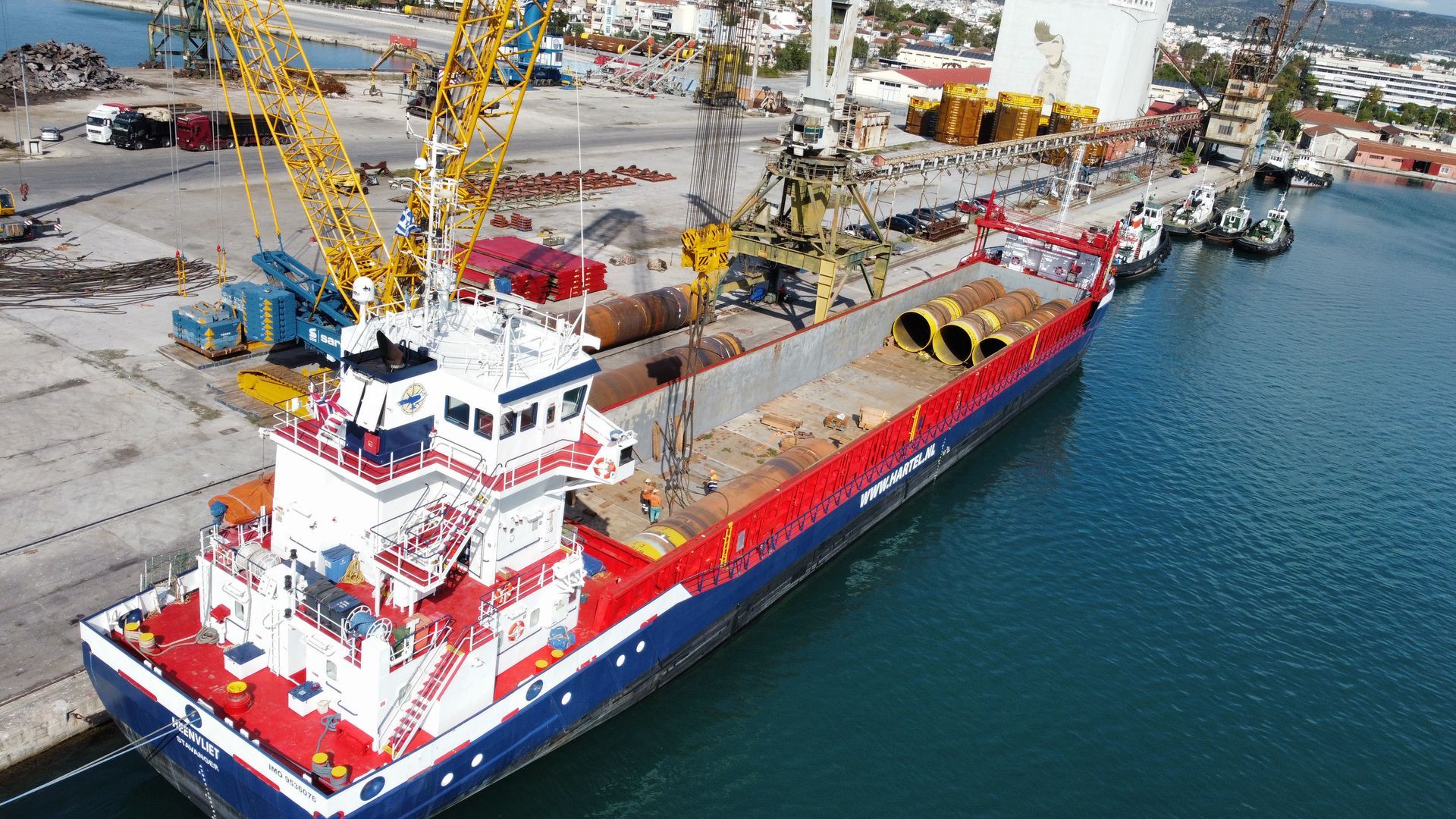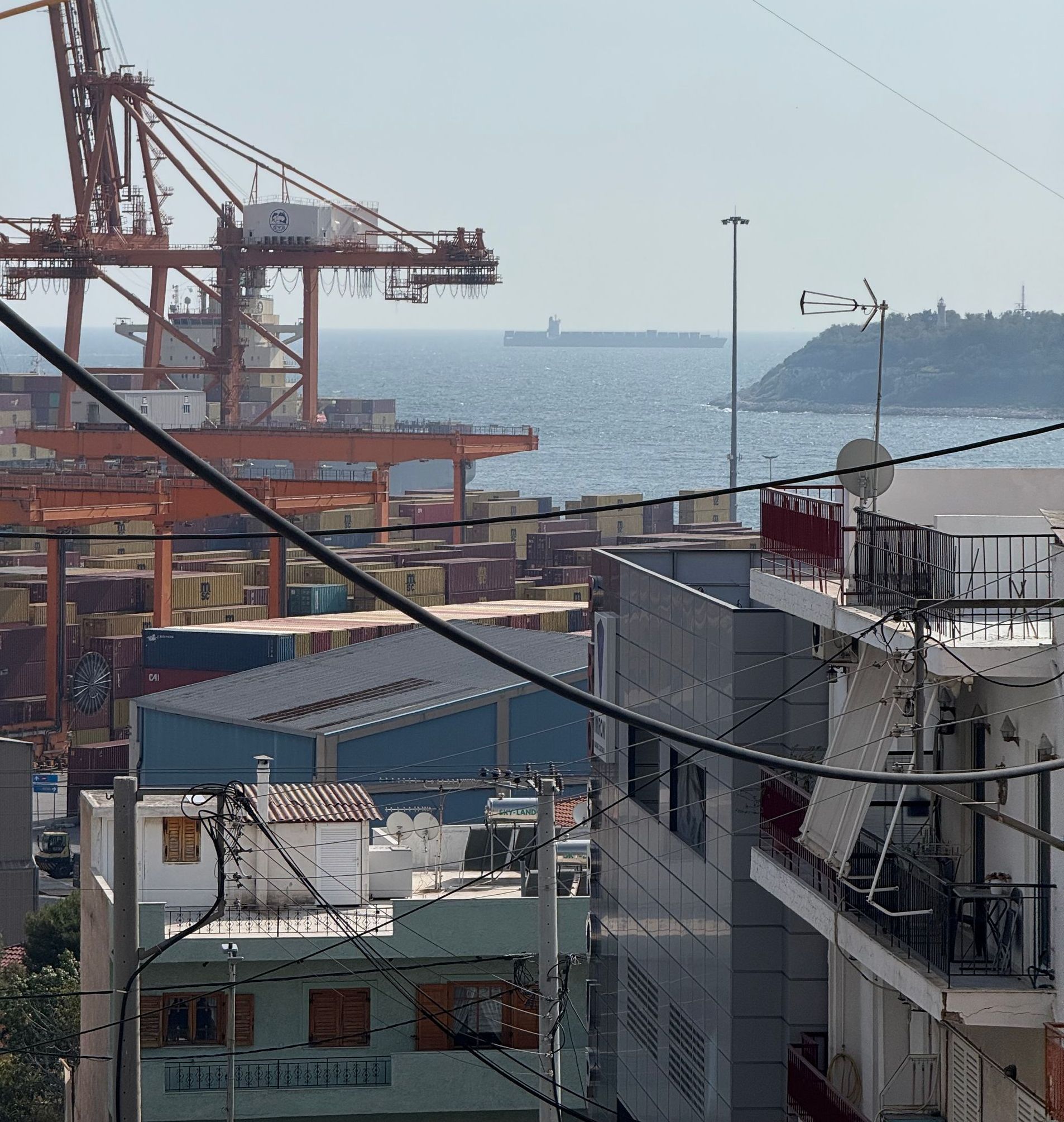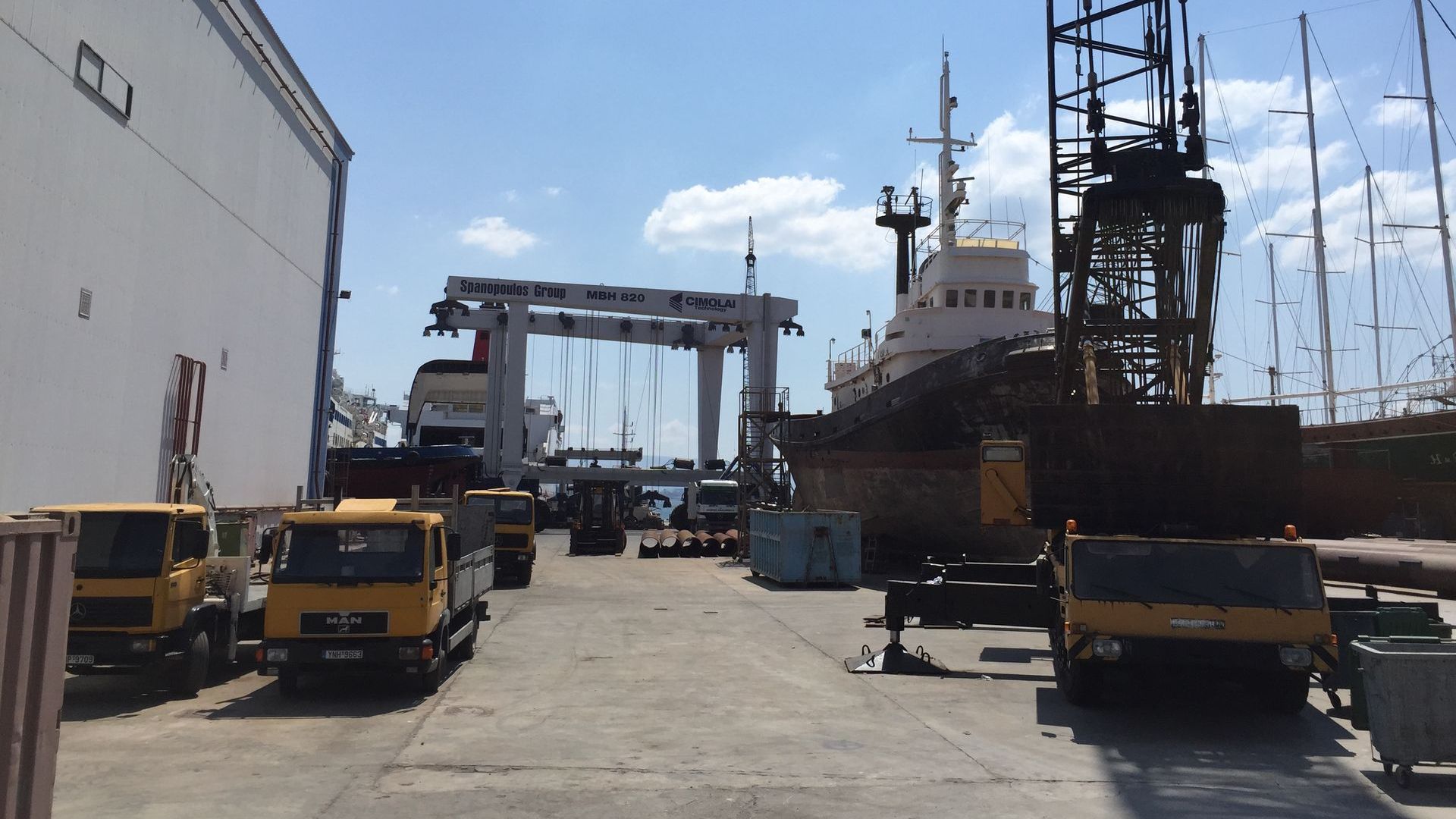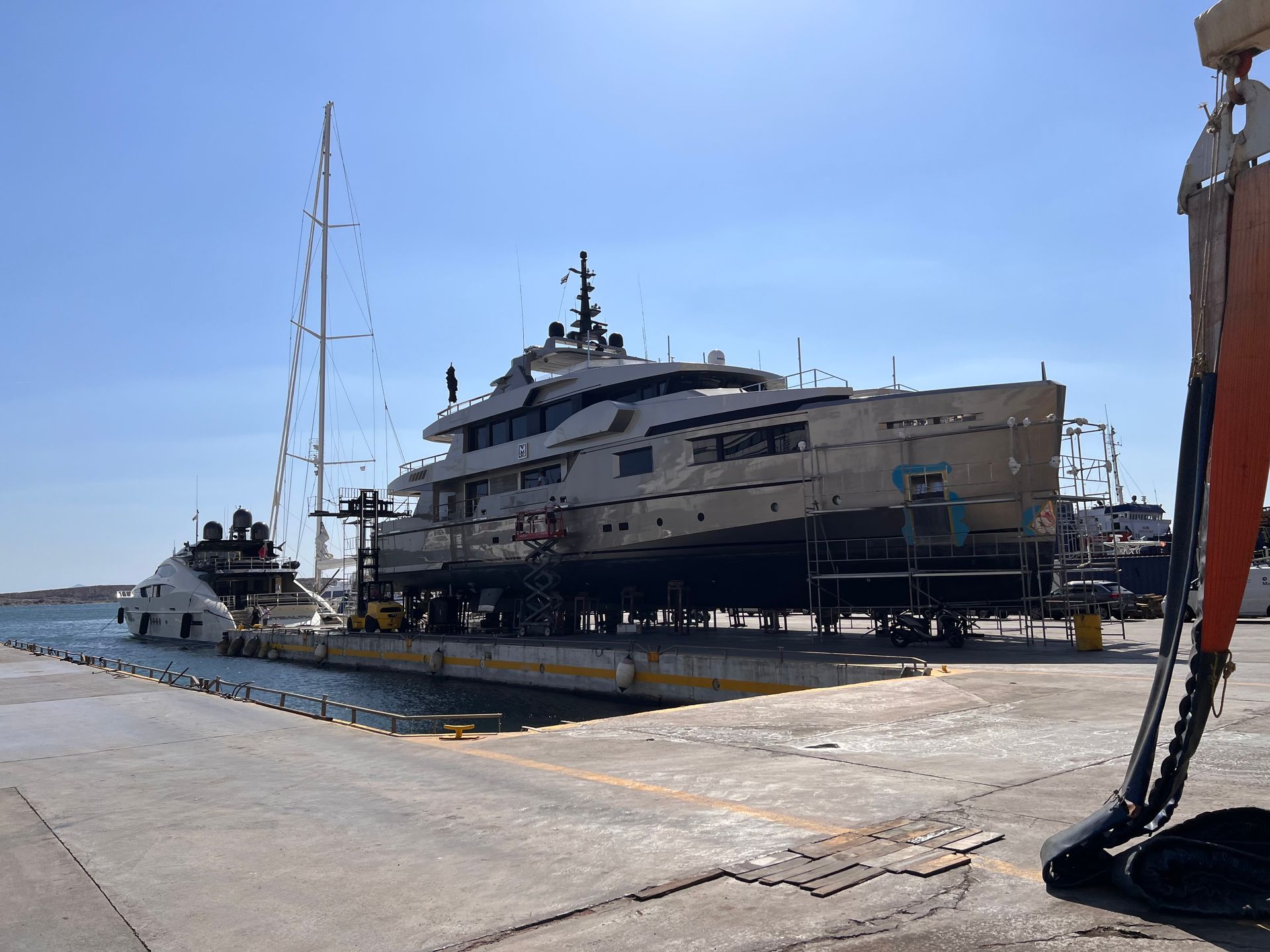Insurance Options
Shipbuilder's liability insurance
Shipbuilder’s liability insurance is a crucial risk management tool that covers damages, losses, or liabilities arising during the construction of a vessel.
It ensures that shipyards and contractors are financially protected from unforeseen events that could disrupt or delay a build.
A. Ship Repairer’s Liability / Builder’s Risk Insurance
Shipbuilder's liability insurance, often called Builders' Risk insurance, is a specialized type of insurance that protects shipyards and companies involved in shipbuilding against financial risks associated with vessel construction. This coverage typically begins when construction starts, continues through sea trials and delivery, and protects against various risks like accidental damage, collision, and third-party liabilities. In essence, shipbuilding insurance is crucial for ensuring the financial stability of shipyards and protecting them from the significant risks associated with the complex and costly process of building ships, according to marine insurance experts.
What does this insurance cover:
• Loss or damage to the vessel: This includes physical loss or damage to the hull and machinery of the vessel during construction, sea trials, and delivery.
• Collision liability: Coverage for damage caused by collisions during construction or trials.
• Third-party liabilities: Protection against claims for bodily injury or property damage caused to third parties during the construction process.
• General Average and Salvage: Coverage for the vessel's proportion of general average and salvage expenses.
• Building defects: Coverage for loss or damage caused by faulty design or construction.
• Pollution: Coverage for pollution events that may occur during construction or trials.
Why do Shipyards and companies engaged in shipbuilding, ship repair, and vessel conversion need this cover?
Key features:
- The insurer aims to restore the shipbuilder to the same financial position as before the loss or damage occurred.
- Coverage can be customized to the specific needs of the shipyard and the project.
- Claims handling often requires specialized knowledge of marine construction and insurance.
B. Marine Contractor’s Liability Insurance
Marine Contractors Liability Insurance is a specialized type of insurance designed to protect businesses that perform construction, repairs, or other work on or near waterways or in shipyards and or ports/marinas. It covers potential liabilities arising from property damage, bodily injury, or other incidents occurring during marine-related projects. This insurance is crucial because standard public liability policies often exclude the unique risks associated with marine environments, such as vessels, docks, and the unpredictable nature of water.
Types of Contractors covered:
- Marine Painters
- Welders
- Electricians
- Air Conditioning specialists
- Infrastructure specialists
- Marine carpenters
- Engine Specialists
- Automation specialists
- Radar/Marine Equipment installers
- Hospitality installation specialists
What does this insurance cover:
Property Damage - damage to marine structures like docks, piers, and other vessels, as well as damage to property on land near the water.
Bodily Injury - If someone is injured due to the contractor's negligence or an accident during a marine project, the insurance can cover medical expenses and potential lawsuits.
Legal Liability - It protects the contractor from financial losses due to legal claims arising from accidents or incidents during the course of their work.
Specific Risks - Some policies include coverage for testing and commissioning of vessels, as well as the care, custody, and control of non-owned vessels.
To be more specific there are certain unique Marine Risks - working on or near water presents unique challenges and potential hazards that standard liability policies may not cover.
Client businesses should be protecting themselves - Marine contractors face potential financial ruin from accidents or legal claims. This insurance helps protect their business from these risks.
Many clients, especially in bridge construction or other large-scale projects, require marine contractors to have adequate liability insurance before work can begin. While some comprehensive covers can include coverage for tools, equipment, and even pollution incidents, depending on the specific policy.
The key components (often included in a Marine Contractors Liability policy):
General Liability:
Covers premises liability, products & completed operations, and damage to rented premises.
Contractors Equipment Coverage:
Protects specialised marine equipment from damage or theft.
Marine Operators Legal Liability:
Covers liability when handling boats, including hauling them out of the water or storing them.
Ship Repairers Legal Liability:
Similar to Marine Operators Legal Liability, but specifically for boat and ship repairs.
Protection and Indemnity (P&I):
Covers claims for personal injury, illness, and death to passengers, wreck removal, collision claims, pollution, and stowaways.
C. Marine Equipment Insurance
Specifically designed to meet the need for specialist insurance for maritime equipment, flexible cover on a global basis – whether sub-sea, topside, in transit, in store or in operation. Such covers provide coverage in worldwide territories for various Marine Equipment, Remotely-Operated Vehicles (ROV) and Autonomous Underwater Vehicles (AUV) equipment, owned or operated by specialist contractors such as subsea equipment used by the research and leisure sectors. Other, similar equipment can be insured in the marine equipment market, as well as equipment on platforms or onshore, for example, integrity-testing equipment.
These covers provide for:
- Physical loss, damage or destruction to maritime equipment owned, hired, loaned or leased to customer (or for which they are responsible)
- Loss of revenue
- Collision liability, including legal costs
- Removal of wreck and debris removal
- Liability for continuing hire charges
- Automatic inclusion of additional equipment acquired
- Damage caused by latent defects
- New replacement value on equipment up to five-years-old
- Airfreight replacement
- Damage caused by customs inspection and fumigation
- Exhibitions and loss of exhibition expenses
The insurers provide cover to the following sectors:
- Commercial Diving Contractors
- Offshore Service Contractors
- Aquaculture Service Contractors
- Oil and Gas Exploration Services
- Alternative Energy Providers & Servicing
- Universities and Colleges
- Oceanographic Mapping and Monitoring
- Environmental Safety/Pollution Control
- AUV, ASV, ROV, USV & Gliders
D. Crew Personal Accident/Medical insurance
Crew medical insurance typically covers emergency medical expenses, medical evacuation or repatriation, and return of mortal remains for crew members, especially those working on yachts or in the maritime industry.
Core coverage:
Emergency Medical Expenses:
Covers costs associated with treatment for injuries or illnesses that require immediate medical attention, such as hospital stays, doctor visits, and prescription medications.
Medical Evacuation/Repatriation:
Provides for the transportation of the injured or ill crew member to the nearest appropriate medical facility or back to their home country for treatment or further care.
Return of Mortal Remains:
Covers the expenses associated with repatriating the remains of a crew member who dies while on duty.
Optional and Additional Benefits:
Mental and Nervous Conditions:
Some policies may include coverage for mental health treatment, including therapy and counseling.
Pre-existing Conditions:
Optional coverage for pre-existing conditions, which may be subject to certain restrictions or waiting periods.
Dental and Vision:
Some plans may include dental and vision care benefits, which can be valuable for long-term crew members.
Death Cover:
Provides a death benefit to the crew member's beneficiaries in case of death while on duty.
Accidental Death and Dismemberment (AD&D):
Provides a lump sum payment in the event of accidental death or dismemberment.
Temporary/Permanent Disability Payment:
Provides a lumps sum payment dependent on the seafarer’s contract of employment to supplement for the payment of days off duty and/or signoff due to accident or illness.
Terrorism and Global Daily Indemnity:
Optional clauses that can be added to the policy to cover terrorism-related incidents or provide a daily allowance for temporary disablement.
Emergency Reunion:
Optional clauses to cover the cost of bringing a family member to be with the crew member during a serious illness or injury.
Remote Transportation:
Optional cover to provide transportation costs for the injured seaman to be transported to a more accessible location for medical care if the crew member is in a remote area.
Political Evacuation and Repatriation:
Optional Cover that may cover costs associated with evacuating the crew member from a country experiencing political unrest or instability.
E. Marine Technical Personnel Travel insurance
These sort of insurance covers refer to a specialized type of travel insurance designed specifically for individuals working as technical personnel in the marine industry. This goes beyond standard travel insurance and often includes elements of broader marine insurance policies.
Given the nature of marine technical personnel (e.g., engineers, superintendents, technicians, specialized crew), their travel insurance needs are unique. This type of policy is typically designed to provide comprehensive coverage that addresses:
Given the nature of marine technical personnel (e.g., engineers, superintendents, technicians, specialized crew), their travel insurance needs are unique. This type of policy is typically designed to provide comprehensive coverage that addresses:
- Medical Expenses: This is often the most critical component. It covers medical treatment, hospitalization, emergency medical evacuation, and repatriation (returning the individual to their home country) if they fall ill or are injured while at sea, in port, or traveling to/from a vessel. Standard domestic health plans often do not cover international medical emergencies or the specific risks associated with working on a vessel.
- Travel-Related Incidents:
o Trip Cancellation/Curtailment: If their assignment is canceled or cut short due to unforeseen circumstances.
o Travel Delays/Loss of Departure: Coverage for expenses incurred due to unexpected delays.
o Lost/Damaged Baggage and Personal Belongings: Protection for their personal items.
o Personal Liability: Coverage for damages they might accidentally cause to third parties.
- Specific Marine Industry Risks:
o 24/7 Coverage: Often provides coverage around the clock, whether they are on the vessel, in port, or in transit.
o Worldwide Coverage: Given the international nature of marine operations, policies typically offer global coverage.
o Emergency Assistance: Access to 24/7 emergency helplines for medical, travel, and security assistance.
o Repatriation of Remains: In the unfortunate event of death, coverage for the costs of returning remains.
F. Marina Liability Insurance
Marine Liability Insurance is a specialized type of insurance that protects businesses and individuals involved in marine operations from the financial consequences of third-party claims. Unlike general commercial liability policies, which often exclude marine-related risks, marine liability insurance is specifically designed to cover the unique and often complex liabilities that can arise in the maritime industry.
This type of insurance typically covers:
Bodily Injury: Claims from third parties (e.g., passengers, crew, visitors, or other individuals) who suffer injury, illness, or death due to the insured's maritime operations or negligence.
Property Damage: Damage to property belonging to third parties, such as other vessels, docks, cargo, or equipment, caused by the insured's vessel or operations.
Pollution Liability: Costs associated with environmental damage, such as oil spills or hazardous material leaks, including clean-up costs, fines, and related legal expenses. This is a critical coverage in the marine industry due to the potentially devastating environmental impact of accidents.
Wreck Removal: Costs incurred for the removal of a sunken or disabled vessel that poses a hazard to navigation or the environment.
Collision Liability: Liability for damage caused to other vessels in a collision.
Cargo Liability: For entities responsible for cargo, this covers liability for loss of or damage to cargo in their care, custody, or control.
Legal Costs and Defense: A crucial aspect of marine liability insurance is that it often includes coverage for legal fees, court costs, and settlements or judgments arising from covered claims. This can be substantial in maritime litigation.
G. Ports and Terminals
Similar to Marina Liability insurance covers, Ports and Terminals insurance is a specialized and comprehensive type of insurance designed to protect the diverse and complex operations of port authorities, terminal operators, stevedores, and other entities involved in the handling, storage, and movement of cargo and vessels within port areas. Given the high-value assets, significant liabilities, and potential for large-scale disruptions, this type of insurance is crucial for managing the unique risks faced by these critical hubs in the global supply chain.
This type of insurance package typically encompasses a package of coverages, including:
- Marine Liability: This is a core component, covering a wide range of third-party liabilities:
o Cargo Liability: For loss of or damage to cargo in the care, custody, or control of the port or terminal, whether in transit, being loaded/unloaded, or in storage.
o Vessel Liability (Marine Impact): Damage caused to vessels (e.g., ships, barges) by port infrastructure or operations, such as collisions with berths, cranes, or other port equipment. This can include "unsafe port/berth" claims.
o Third-Party Bodily Injury and Property Damage: Injuries or deaths to non-employees (e.g., visitors, truck drivers, customs officials) and damage to their property on port premises.
o Pollution Liability: Costs associated with environmental damage, such as oil spills or contamination, including clean-up, fines, and legal expenses.
o Wreck Removal: Costs for removing sunken or disabled vessels within the port's jurisdiction.
o Errors and Omissions: For financial losses incurred by third parties due to operational errors (e.g., misdirection of cargo, incorrect paperwork, delays).
o Customs Liability: For certain duties or fines related to customs processes.
o Contractual Liabilities: Liabilities assumed under specific contracts with shipping lines, cargo owners, or other parties.
- Property Damage: Covers physical damage to the port's owned infrastructure, buildings, and equipment:
o Port Infrastructure: Docks, berths, piers, wharves, jetties, seawalls, breakwaters, warehouses, offices, and other buildings.
o Handling Equipment: Cranes (gantry cranes, mobile harbor cranes), forklifts, spreaders, reach stackers, tugs, pilot boats, other port craft, and specialized cargo handling machinery.
o Perils: Coverage for damage from a wide range of perils, including natural catastrophes (earthquake, windstorm, flood), fire, explosion, marine impact, machinery breakdown, and more.
- Business Interruption (BI): Protects against loss of income and increased costs of working when port operations are disrupted due to a covered peril. This can include:
o Port/Channel Blockage: If the port entrance or a berth becomes inaccessible due to an accident, wreck, or natural disaster, preventing vessels from entering or leaving.
o Damage to Infrastructure/Equipment: If key assets are damaged, leading to a shutdown or slowdown of operations.
o Denial of Access: If access to the port is denied due to an external event.
- Other Coverages:
o Workers' Compensation / Employers' Liability: For employee injuries and illnesses. (Often a separate but essential policy for ports).
o Cyber Liability: To protect against financial losses, data breaches, and operational disruptions from cyberattacks, which are a growing concern for port systems.
o Terrorism and Political Violence: Given the critical nature of ports, these risks can be specifically addressed.
o Directors and Officers (D&O) Liability: For claims against the port's management.
H. Ship Manager’s Liability Insurance
This is a form of professional indemnity (PI) insurance specifically tailored for companies that provide ship management services to vessel owners. It protects the ship manager against claims arising from their alleged negligence, errors, or omissions in the performance of their professional duties under a ship management contract.
Ship managers are crucial intermediaries in the maritime industry. They are hired by ship owners to handle various aspects of a vessel's operation, which can include:
- Technical Management: Maintenance, repairs, dry-docking, regulatory compliance (ISM, ISPS), surveys, procurement of spare parts.
- Crew Management: Recruitment, training, payroll, welfare, certifications, and repatriation of crew members.
- Commercial Management: Chartering, voyage optimization, post-fixture operations, bunker procurement.
- Financial Management: Budgeting, accounting, and financial reporting for the vessel.
- Insurance Management (Brokers): Arranging and managing insurance policies for the vessel on behalf of the owner.
Ship Manager's Liability Insurance covers the financial consequences of claims made against the ship manager for:
- Negligence, Errors, or Omissions: If the ship manager's actions (or inactions) lead to a financial loss for the ship owner or a third party. Examples include:
o Failure to properly maintain the ship: Leading to damage, breakdown, or detention, incurring extra costs or off-hire losses for the owner.
o Appointing unqualified or uncertified crew: Which could result in accidents, detentions, or breaches of insurance terms.
o Errors in arranging or maintaining insurance: If the ship manager fails to secure adequate insurance for the vessel, leaving the owner exposed.
o Mistakes in commercial decisions: Such as accepting cargo in breach of a charter party, leading to disputes or losses.
o Incorrect technical advice or supervision: Resulting in damage or operational issues.
o Administrative errors: Like incorrect paperwork or misdirection of funds.
- Breach of Contract: If the ship manager is found to be in breach of their ship management contract with the owner due to their negligence.
- Legal Costs and Defense Expenses: A very significant aspect of this insurance is that it covers the costs of investigating, defending, and settling claims, even if the ship manager is ultimately found not liable. Maritime litigation can be extremely expensive and protracted.
- Certain Third-Party Liabilities: While the primary focus is on liability to the ship owner, some policies may extend to cover specific third-party liabilities arising directly from the ship manager's professional services.
I. Yacht Manager’s liability Insurance
Similar to the Ship manager’s liability insurance, this cover mirrors some of the professional liabilities arising from management of a vessels, but is more bespoke in the terms and conditions to tailor the covers to this particular industry requirements. Yacht managers handle a wide range of responsibilities on behalf of yacht owners that have unique complexities, regulatory requirements and client expectations.
These can include but are not limited to:
Operational Management: Ensuring the yacht runs smoothly, including itinerary planning, provisioning, bunkering, and port clearances.
Technical Management: Overseeing maintenance, repairs, refits, dry-docking, and ensuring compliance with classification societies and flag state regulations. This often includes sophisticated systems like AV/IT, propulsion, and navigation.
Crew Management: Recruitment, training, certification, payroll, rotation, welfare, and ensuring compliance with Maritime Labour Convention (MLC) standards for superyacht crew.
Financial Management: Budgeting, expense tracking, managing accounts, and financial reporting to the owner.
Safety and Security Management: Implementing Safety Management Systems (SMS) and Security Plans (SSP) in compliance with ISM and ISPS codes (often mandatory for larger yachts).
New Build/Refit Project Management: Overseeing the construction of new yachts or major refits.
Charter Management Support: Assisting with the commercial aspects of chartering a yacht if it's used for commercial purposes.
Compliance: Ensuring adherence to all international and local maritime laws, environmental regulations, and specific yachting industry standards.
Due to the high value assets and nature of the yachting sector such insurance protects the yacht manager against financial losses arising from claims of professional negligence, errors, or omissions in the performance of their duties.
Key areas of coverage include:
- Negligent Advice or Services: If the yacht manager's professional advice or actions lead to a financial loss for the yacht owner or a third party. For example:
o Failure to ensure proper maintenance, leading to a breakdown or significant repair costs.
o Errors in crew hiring or management that result in a legal claim (e.g., unqualified crew, breaches of employment contracts).
o Mismanagement of refit projects causing delays, cost overruns, or defects.
o Failure to comply with local or international regulatory requirements, leading to fines, detentions, or loss of certification.
o Financial mismanagement, such as budget errors or incorrect payment of invoices.
o Mistakes in advising on or arranging yacht insurance, leaving the owner under-insured.
- Breach of Professional Duty/Contract: If the manager is found to have breached their contractual obligations with the yacht owner due to their negligence.
- Defense Costs: Crucially, it covers the legal expenses incurred in defending against allegations of negligence, even if the manager is ultimately found not liable. Litigation in the yachting sector can be very complex and costly.
- Fines and Penalties: In some cases, it may offer limited coverage for certain administrative fines or penalties incurred due to accidental breaches of regulations by the manager.
J. Charterer’s Liability Insurance
This insurance is designed to protect the "charterer" who Charters or hires or leases a vessel from a shipowner. While the shipowner retains control over the vessel's operation and has their own insurance (like Hull & Machinery and P&I), the charterer still incurs significant liabilities under the terms of a charter party (the contract between the owner and the charterer). A charterer charters (hires) a vessel for a specific period (time charter) or for a specific voyage (voyage charter) to transport their cargo or for other purposes. They are essentially renting the use of the vessel. Even though the shipowner has their own insurance in place for the vessel, a charterer can still be held legally and financially responsible for various incidents or occurances (many charter parties (e.g., Gencon, NYPE) contain clauses that transfer specific liabilities from the owner to the charterer.) If a charterer does not have such a cover in place they could face substantial financial losses from claims, even if they believe the owner's insurance should cover it. It effectively bridges the gap between the shipowner's insurance and the charterer's own exposures.
Charterer's Liability Insurance typically provides coverage for a range of liabilities that a charterer might incur, including:
- Damage to the Chartered Vessel (Damage to Hull (Partial or Total Loss)): This is a primary concern. Therefore, the charterer can be held liable for the following:
o Damage to the vessel caused by stevedores during loading or unloading operations.
o Damage caused by an unsafe port, berth, or anchorage nominated by the charterer.
o Damage due to improper stowage of cargo, if that responsibility falls to the charterer.
o Damage to the vessel's engines caused by off-specification bunkers (fuel) supplied by the charterer.
o Consequential losses for the owner, such as loss of hire, demurrage, or detention while the vessel is undergoing repairs due due to the charterer's liability.
- Cargo Liability whereby the charterer can be held liable for:
o Loss of or damage to cargo in their care, custody, or control. This can arise from improper stowage, mishandling, or misdelivery.
o Shortage or non-delivery of cargo.
o Misdirection or inadvertent wrongful release of cargo.
- Third-Party Liabilities which are similar to P&I for owners:
o Bodily injury, illness, or death of crew members, passengers, or other third parties (e.g., dockworkers, visitors) if the charterer is found liable.
o Pollution liability: Costs associated with oil spills or other environmental damage for which the charterer is responsible (e.g., due to bunkering operations or an unsafe berth leading to a spill).
o Collision liability: For damage caused to other vessels in a collision, if the charterer is found partly or wholly at fault.
o Wreck removal costs: If the chartered vessel becomes a wreck due to an incident for which the charterer is liable.
o Salvage contributions: The charterer's contribution to general average or salvage operations.
o Fines and Penalties: Imposed by authorities (customs, immigration, accidental pollution) where the charterer is held responsible.
o Stowaways: Costs associated with stowaways.
- Legal Costs and Defense: A crucial aspect is coverage for legal expenses, survey fees, and other costs incurred in defending against claims, even if the charterer is not ultimately found liable. Maritime disputes can be highly complex and expensive to litigate.
